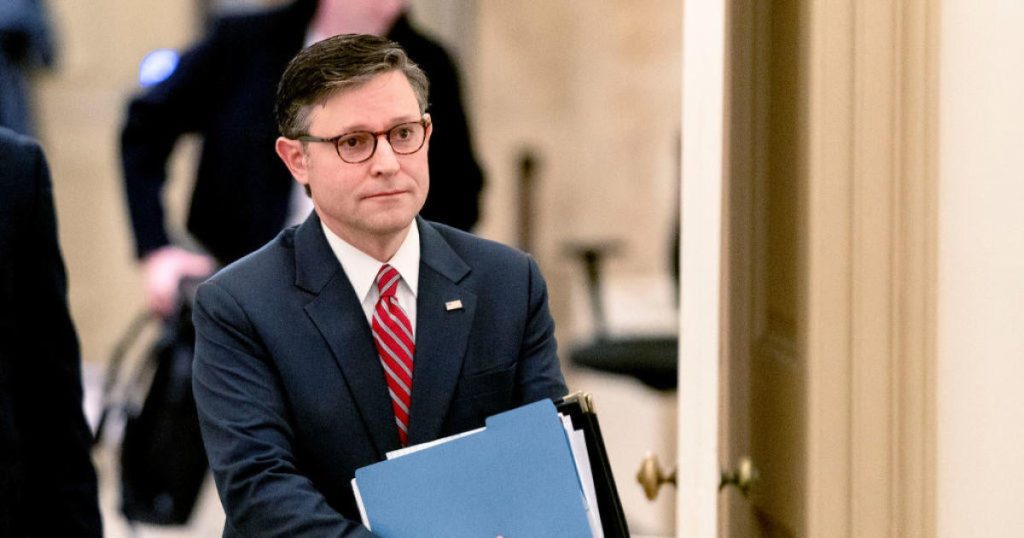The House is set to vote for a new Speaker with 434 members expected to be present. The only vacant seat is that of former Rep. Matt Gaetz. The Speaker will need a majority to be reelected, but the magic number can change based on attendance and how members vote. In one scenario, if all 215 Democrats vote for their leader, Rep. Hakeem Jeffries, the Speaker would only be able to lose one Republican vote to another candidate and still have a majority. If he loses two Republican votes to another candidate, he would not have the magic number for a majority.
Another scenario includes losing one GOP vote to another named candidate and having one Republican defect by recording themselves as “present” instead of voting for an alternative candidate, which would still give the Speaker a majority. However, if two Republicans vote “present,” the Speaker would not have a majority. He could afford to lose three defectors if they all vote “present,” but Rep. Thomas Massie has already stated he will vote for an alternate candidate, making him the only “no” vote.
Currently, Massie is the only Republican who has publicly stated he will not vote for Johnson, the current Speaker. Several other Republicans, including Reps. Chip Roy, Andy Biggs, Victoria Spartz, Tim Burchett, and Ralph Norman, have said they are undecided on Johnson. Johnson has met with some of these holdouts to try to secure their votes. One advantage for Johnson is that no other Republican has stepped forward to challenge him for the position of Speaker or expressed an interest in doing so.
The House Speaker vote will take place with each member being called individually to vote by calling out a name. The magic number for a majority is not set in stone and could change based on attendance and voting behavior. Johnson will need a majority to be reelected, and if all Democrats unite behind their leader, Jeffries, the Speaker can only afford to lose one Republican vote to another named candidate. The Speaker may still have a chance if one Republican defects by recording “present” instead of voting for another candidate.
One possible scenario includes the Speaker losing one GOP vote to a named candidate and having one Republican defect by recording “present,” which would still give the Speaker a majority. However, if two Republicans vote “present,” the Speaker would not have a majority. Massie has already stated he will vote for an alternate candidate, making him the only one with a firm decision against Johnson. Other Republicans are undecided or have not publicly stated their voting intentions, giving Johnson a chance to secure their votes.















